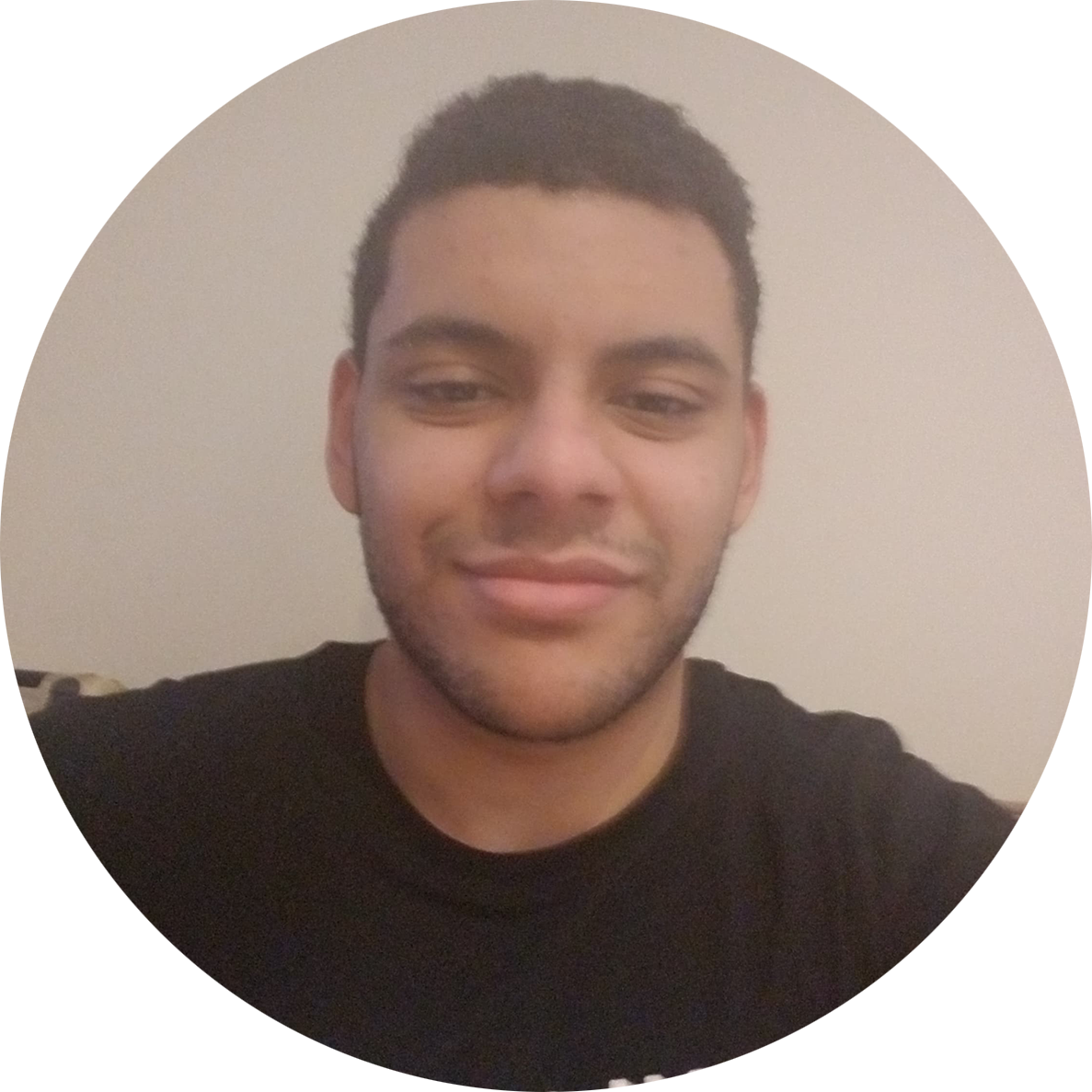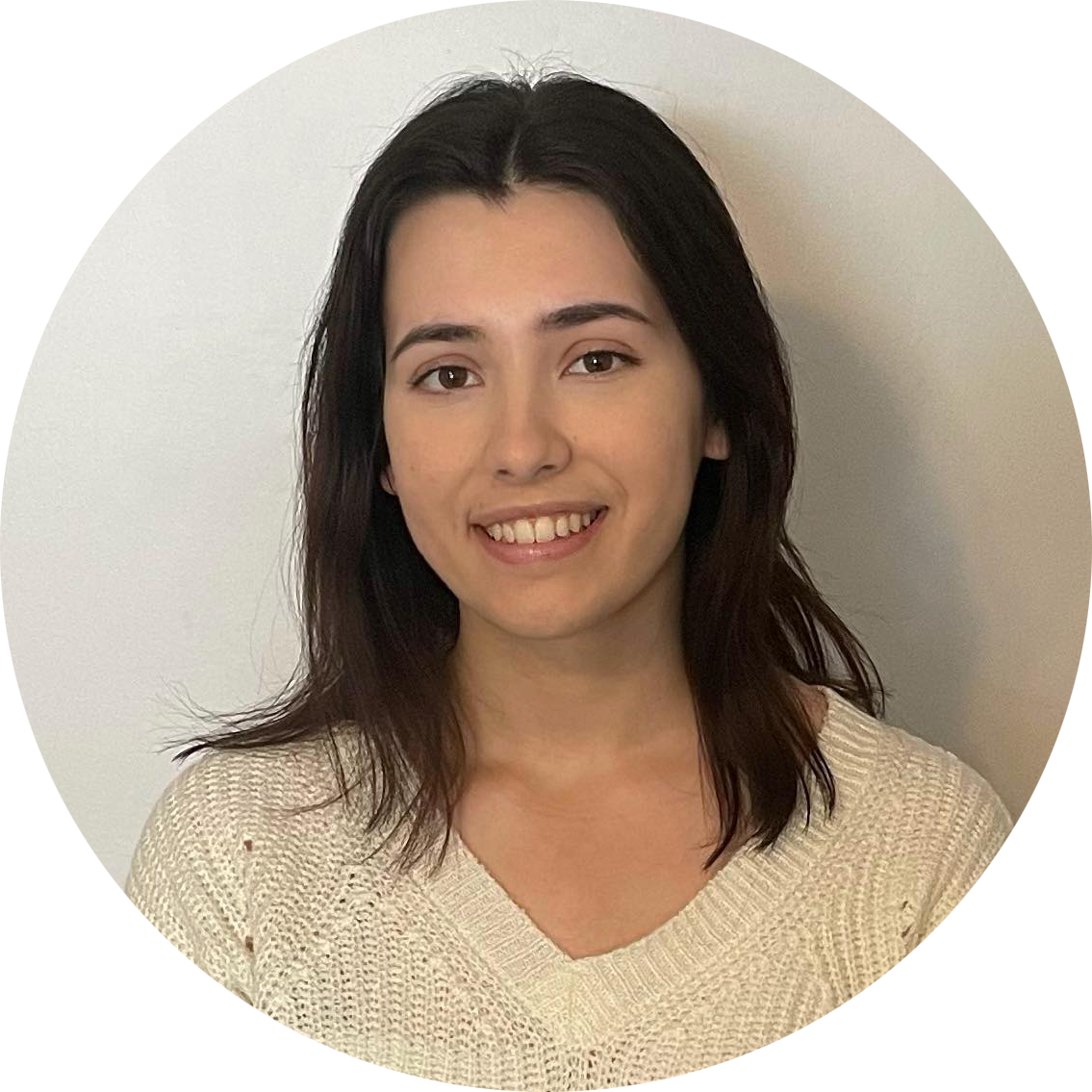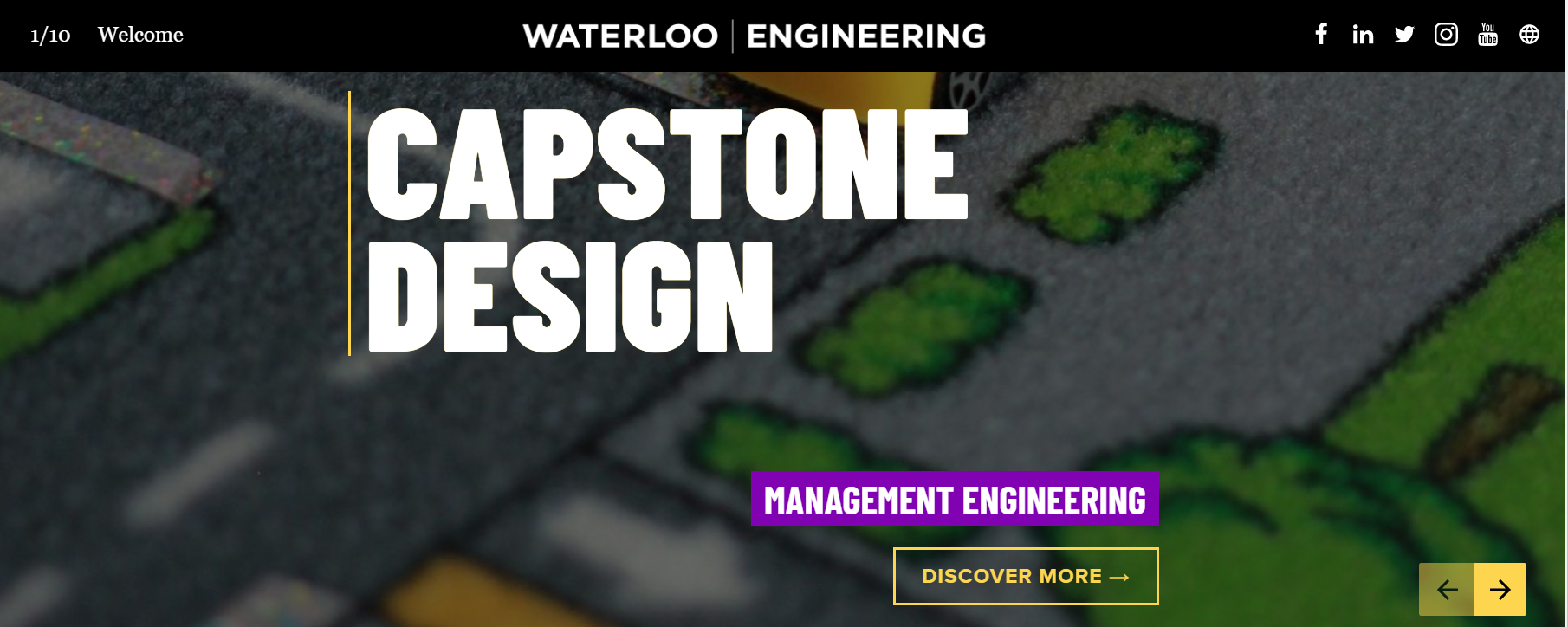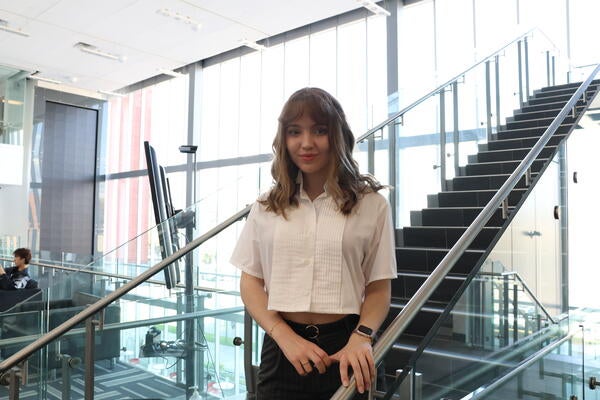
Remote innovation
Students exceed expectations by developing Capstone Design Projects off campus

Students exceed expectations by developing Capstone Design Projects off campus
By Carol Truemner Faculty of EngineeringIn the final sprint toward completing their engineering degrees, students normally can be found huddled together on campus at all hours of the day and night putting final touches on what they hope may just be the next big innovation.
But the 2020-2021 school year was, of course, anything but normal.
The pandemic resulted in all Waterloo Engineering students learning remotely and senior-year undergraduates also working on their Capstone Design projects remotely – from start to finish.
Online or phone meetings replaced the in-person gatherings that usually kick off at the start of fourth year for student teams designing a project related to their engineering discipline.
Along the way, developing Capstone Design projects mainly off campus proved to be difficult at times.
Some teams had Internet connection issues.
Others needed to adjust meeting schedules to include members living in different time zones across Canada and throughout the world.
Many missed the in-person camaraderie that can spark creativity.
But as Waterloo Engineering students who learn early on how to overcome obstacles, the majority viewed teaming up remotely as a challenge they could meet and, in lots of cases, exceed.
One 2021 project that progressed beyond expectations was Scribenote, an automated record-keeping software.
Team members Hashem Al Momani, Mohamed Ayman El-Naggar, Ryan Gallagher and Alina Pavel, who all graduated from nanotechnology engineering this spring, had the advantage of becoming good friends in first year and staying in touch throughout the next three semesters and on co-op terms.
“Without this background of trust and belief in each other, our team would not have succeeded with our rather ambitious project,” says Gallagher.
The idea for the team’s Capstone Design project came to Gallagher after hearing about the amount of time it took his sister to catch up on documentation after working long days at her veterinarian practice, an issue he says is common to medical professionals.
“Every clinician I know and the hundreds I’ve interviewed spend more than 25 per cent of their workday writing medical documentation,” says Gallagher. “This leads to burnout, increased wait times and increased costs.”
Gallagher sold his Capstone Design idea to the other team members by “asking nicely.”
“I think my friends wanted to be a part of the thing that was, and still is, fueling my passion,” he says.




Scribenote co-founders from left: Hashem Al Momani, Mohamed Ayman El-Naggar, Ryan Gallagher and Alina Pavel.
During the eight months the Scribenote team members worked on their project, they communicated daily through online group chats and the occasional group phone call.
While Pavel says team members likely spent more time discussing and coordinating design and development efforts online than they would have in person, keeping in touch remotely gave them the push they needed to get organized.
“The time spent during our final year was almost an investment in better work practices now,” says Pavel.
The project management skills the new alumni acquired have been critical to Scribenote’s recent advancements made since the team won $50,000 and mentoring from entrepreneurs in this year’s Palihapitiya Venture Creation Fund Award, created to help transform projects into successful startups post-graduation.
Tutturu, a software engineering Capstone Design project, was the second 2021 winner of the award, sponsored by Chamath Palihapitiya (BASc '99, electrical engineering), founder and CEO of Social Capital.
A highlight of the Capstone Design experience Scribenote and all other teams missed this year was taking part in an on-campus symposium usually held on a separate day by each program in late March.
Open to the public, including students, faculty members and industry partners, the two-week event allows students to share their completed projects and receive feedback on them.
To provide this year’s graduating students with the opportunity to showcase their work, electronic interactive brochures with videos or slide presentations of each project were created for all the Faculty's engineering programs.
slide presentations of each project were created for all the Faculty's engineering programs.
Innovations include everything from a biodegradable solution for plastic takeout cutlery to eye-tracking technology created for individuals with quadriplegia to control wheelchair movement.
Check out all 2021 Capstone Design Projects:
Civil, Environmental & Geological Engineering
Electrical & Computer Engineering
Watch 10 of this year's top teams compete for six $10,000 prizes in the annual Norman Esch Entrepreneurship Awards for Capstone Design pitch competition.

Read more
Redefining capstone learning by bringing students, faculty and community partners together to tackle real-world challenges

Read more
Waterloo student launches Colare through co-op and entrepreneurship programs to reimagine recruitment for engineers

Read more
Fourth-year Global Business and Digital Arts student leverages artificial intelligence to fight food inflation, saving families up to $5,000 each year
The University of Waterloo acknowledges that much of our work takes place on the traditional territory of the Neutral, Anishinaabeg, and Haudenosaunee peoples. Our main campus is situated on the Haldimand Tract, the land granted to the Six Nations that includes six miles on each side of the Grand River. Our active work toward reconciliation takes place across our campuses through research, learning, teaching, and community building, and is co-ordinated within the Office of Indigenous Relations.